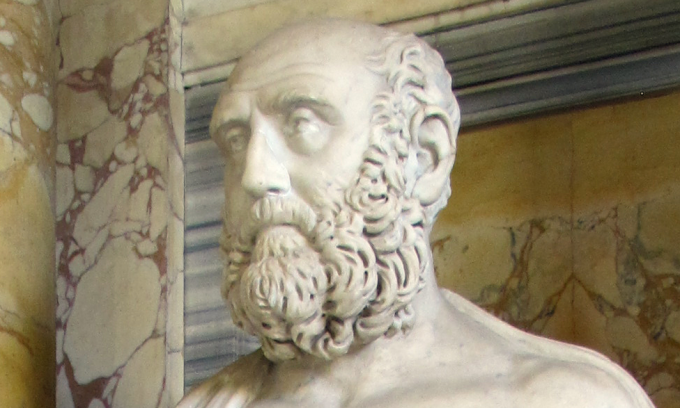Cultural memory and imagination: dreams and dreaming in the Roman Empire 31 BC – AD 200
By Juliette Grace Harrisson
Ph.D. thesis, University of Birmingham (2009)

Abstract: This thesis takes Assmann’s theory of cultural memory and applies it to an exploration of conceptualisations of dreams and dreaming in the early Roman Empire (31 BC – AD 200). Background information on dreams in different cultures, especially those closest to Rome (the ancient Near East, Egypt and Greece) is provided, and dream reports in Greco-Roman historical and imaginative literature are analysed. The thesis concludes that dreams were considered to offer a possible connection with the divine within the cultural imagination in the early Empire, but that the people of the second century AD, which has sometimes been called an ‘age of anxiety’, were no more interested in dreams or dream revelation than Greeks and Romans of other periods. This thesis outlines, defines and applies the newly developed concept of cultural imagination, developed from cultural memory, to its examination of dreams and dream reports in Greco-Roman literature. Using the concept of cultural imagination in preference to discussing ‘belief’ is shown to have advantages for the study of ancient religion, as it allows the historian to discuss religious ideas that may or may not have been widely ‘believed’ but which were present within the imagination of the members of a particular society.

Introduction: ‘In attacking others he shows cleverness and courage; when it comes to his own writing, he is full of dreams and wonders and improbable myths; in short, full of superstition and old wives’ tales.’ ~ Polybius on Timaeus, 12.24.5
These few lines of Polybius encapsulate two radically different approaches to dreams from ancient writers. On the one hand, we have Timaeus, who supposedly filled his works with dreams and other ‘irrational’ elements, and on the other, we have Polybius, who claims to shun such things entirely. Why were writers like Timaeus interested in dreams and what did they think was worthy of remembrance in dream reports? How much of the attitude of Greeks and Romans to dreams was unique to their own cultural heritage and how far were they influenced by others around them?
Click here to read this thesis from the University of Birmingham






Sponsored Content
Cultural memory and imagination: dreams and dreaming in the Roman Empire 31 BC – AD 200
By Juliette Grace Harrisson
Ph.D. thesis, University of Birmingham (2009)
Abstract: This thesis takes Assmann’s theory of cultural memory and applies it to an exploration of conceptualisations of dreams and dreaming in the early Roman Empire (31 BC – AD 200). Background information on dreams in different cultures, especially those closest to Rome (the ancient Near East, Egypt and Greece) is provided, and dream reports in Greco-Roman historical and imaginative literature are analysed. The thesis concludes that dreams were considered to offer a possible connection with the divine within the cultural imagination in the early Empire, but that the people of the second century AD, which has sometimes been called an ‘age of anxiety’, were no more interested in dreams or dream revelation than Greeks and Romans of other periods. This thesis outlines, defines and applies the newly developed concept of cultural imagination, developed from cultural memory, to its examination of dreams and dream reports in Greco-Roman literature. Using the concept of cultural imagination in preference to discussing ‘belief’ is shown to have advantages for the study of ancient religion, as it allows the historian to discuss religious ideas that may or may not have been widely ‘believed’ but which were present within the imagination of the members of a particular society.
Introduction: ‘In attacking others he shows cleverness and courage; when it comes to his own writing, he is full of dreams and wonders and improbable myths; in short, full of superstition and old wives’ tales.’ ~ Polybius on Timaeus, 12.24.5
These few lines of Polybius encapsulate two radically different approaches to dreams from ancient writers. On the one hand, we have Timaeus, who supposedly filled his works with dreams and other ‘irrational’ elements, and on the other, we have Polybius, who claims to shun such things entirely. Why were writers like Timaeus interested in dreams and what did they think was worthy of remembrance in dream reports? How much of the attitude of Greeks and Romans to dreams was unique to their own cultural heritage and how far were they influenced by others around them?
Click here to read this thesis from the University of Birmingham
Sponsored Content